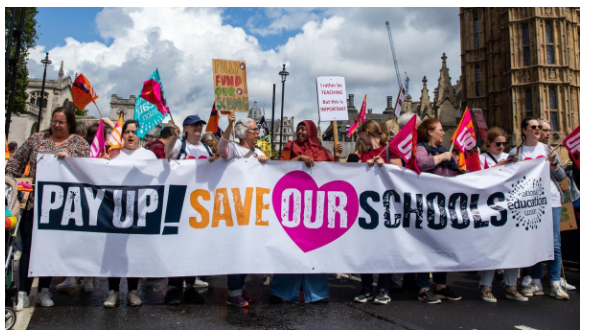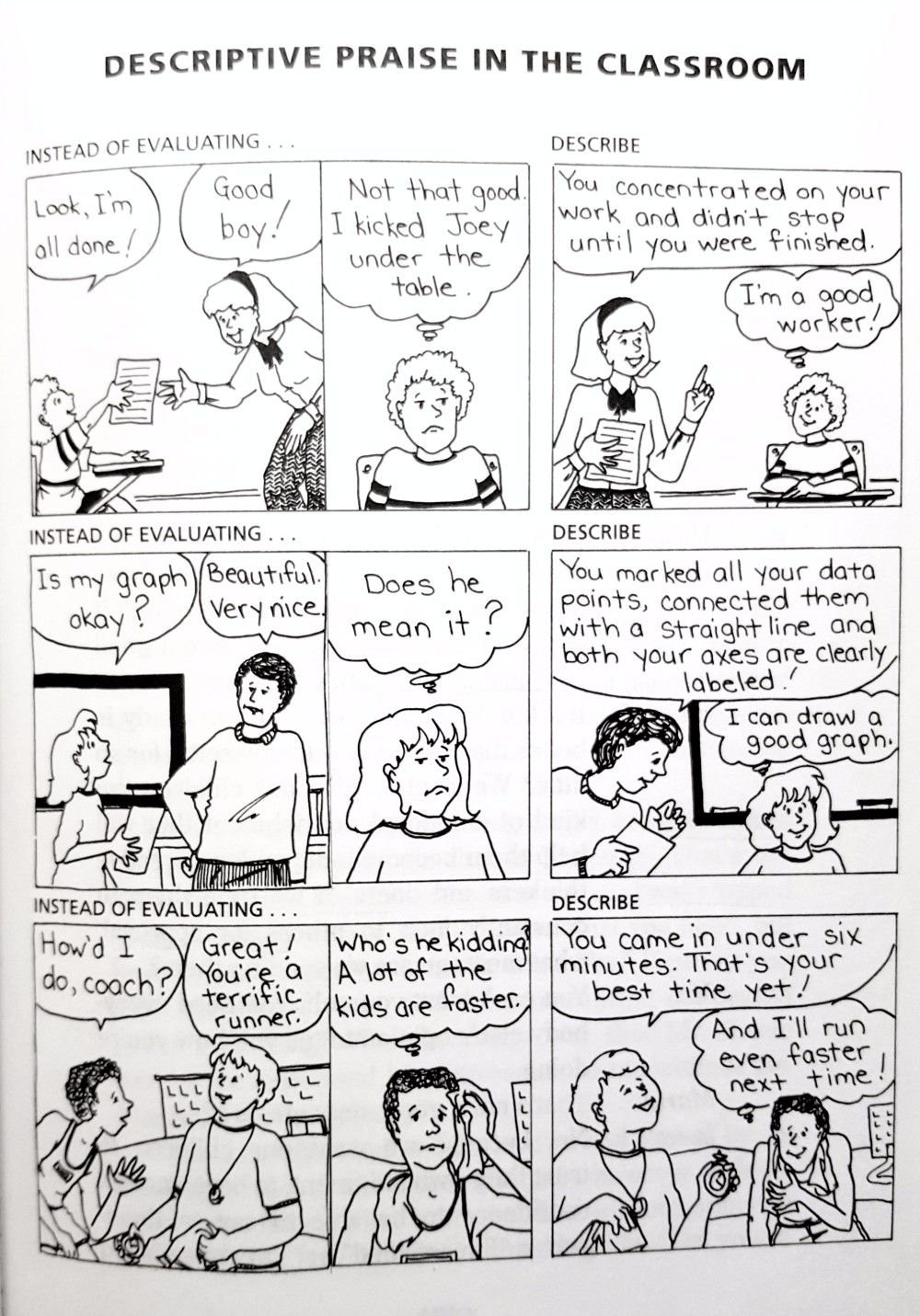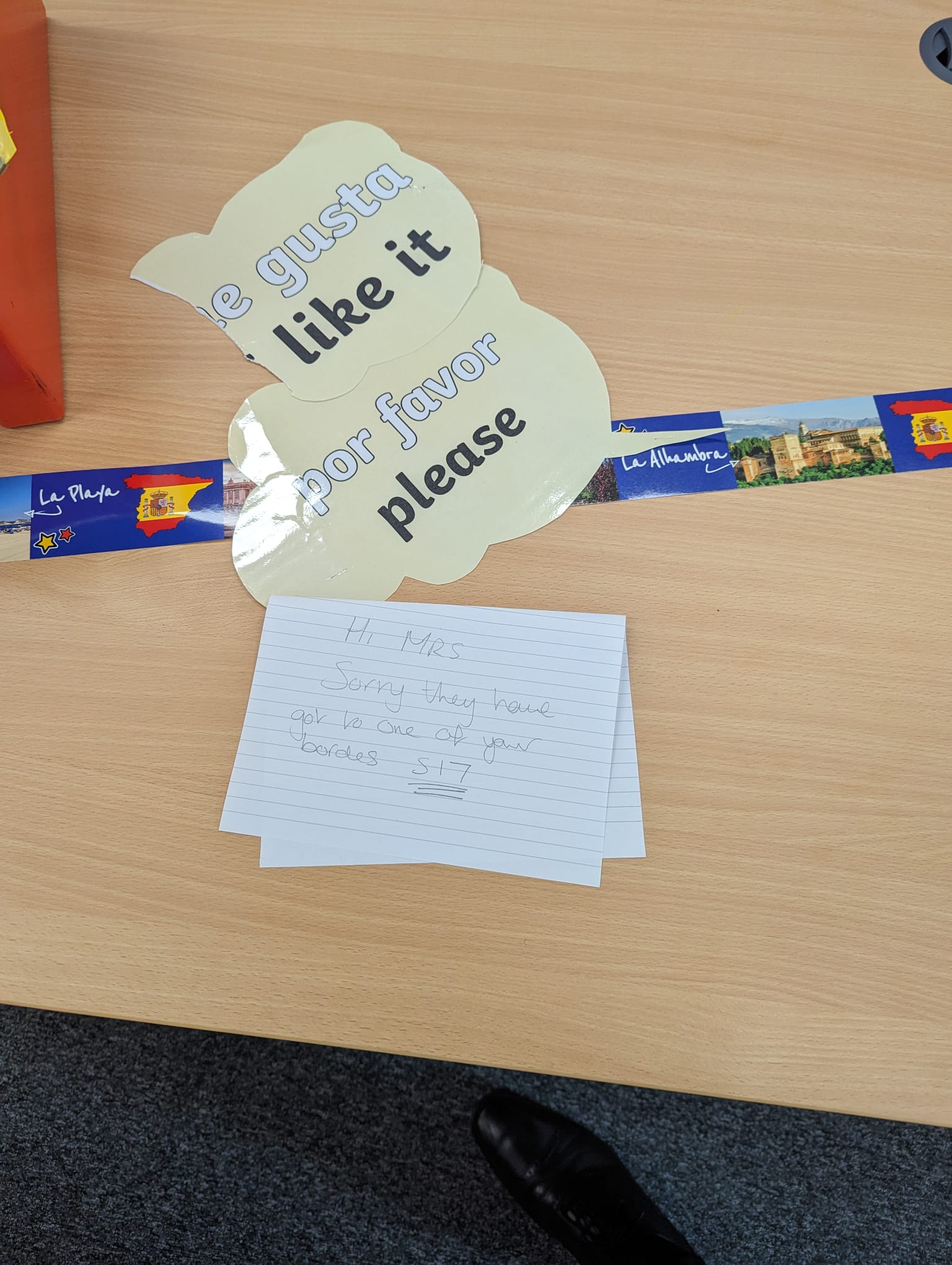Need to subscribe to read full article. Pasted below:
Teachers, junior doctors and police to get 6% pay rises
Sunak will make schools and hospitals find the money for public sector pay deal
Sunak will make schools and hospitals find the money for public sector pay deal

Rishi Sunak will give millions of public sector workers including teachers, junior doctors and police officers pay rises of at least 6 per cent.
The Times has been told that the prime minister has accepted the recommendations of all the independent pay review bodies despite concerns that raises could fuel inflation. The government will not borrow more to fund the raises, meaning departments face a £3 billion squeeze on their budgets.
Teachers will be given a 6.5 per cent pay rise in an attempt to end industrial action that has forced thousands of schools to close. Junior doctors will receive 6 per cent.
Police and prison officers are expected to receive pay rises of 6 per cent, while armed forces personnel will receive rises of between 5 and 6 per cent. Ministers are said to accept that there is a “tacit” agreement to give their personnel the recommended pay rises as they are unable to strike.
Sunak said he would decide on pay rises “responsibly”, as borrowing to pay for them would make inflation worse.
Speaking on Wednesday in Lithuania where he was attending the Nato summit, Sunak said: “Everyone knows the economic context we are in and we need to make sure that government decisions, particularly when it comes to not borrowing more, are made responsibly so we don’t fuel inflation, make it worse or last for longer.”
Paul Johnson, head of the Institute for Fiscal Studies, said: “If you’re spending, say, a billion pounds more on pay it will probably mean fewer teachers and teaching assistants or fewer textbooks and school trips. It will put more pressure on public services that are already finding it difficult to deliver.”
‘Abandonment of reality’
NHS leaders said it was “risible” to expect them to fund pay rises from existing budgets, calling it “a complete abandonment of reality” to claim it could be done without cutting services.
“Pay awards need to be fully funded. The NHS hasn’t got the resources to fund them from existing budgets,” said Sir Julian Hartley, head of the hospitals group NHS Providers.
“Finances are very stretched this year as the level of cost improvement programmes that we’re starting to deliver are really significant. That means that every penny counts in the context of delivering all the priorities for patients, and for elective recovery and urgent and emergency care.”
Hospital bosses say they have been told to find cost savings of 6 per cent this year, double the normal efficiency targets.
“To suggest that there is more that could be found to fund a pay award is risible,” said one. Another said: “Six per cent is already a significant stretch and it is simply not feasible to deliver over and above that.”
Hunt told Peston on ITV: “In the end, if you fund any public sector pay rise by increasing borrowing that year, that pumps billions of pounds of extra money into the economy. And when companies can’t meet the demand, when people try and spend that money, they react by putting up their prices.
“So . . . the most important thing is what I said, which is that we won’t fund any public-sector pay awards through additional borrowing.”


